Enter the Matrix, a new portable, affordable open-source grid controller that could light up your performances
Super-slim device offers flexible lighting and a velocity-sensitive option
203 Electronics' Matrix is a minimalist new grid controller that’s designed to be extremely portable and totally customisable thanks to its open-source design.
How does it differ from the many other grid controllers on the market, though? The developer claims that it fills a gap in the market between the high-cost ‘pro’ devices and the super-cheap ones that have limited features.
Based on the photos, Matrix certainly looks the part. It’s just 13.2mm thick and features 64 high-brightness LEDs, with the Pro version also getting an additional 32 underglow LEDs that give you more scope to create impressive light shows when you’re performing. The process of doing this is said to have been made simple and accessible.
It might appear that control is limited to the 8x8 grid, but look closely and you’ll see that there’s also a ‘hidden’ control button in the centre. There are two touchstrips on the sides, too.
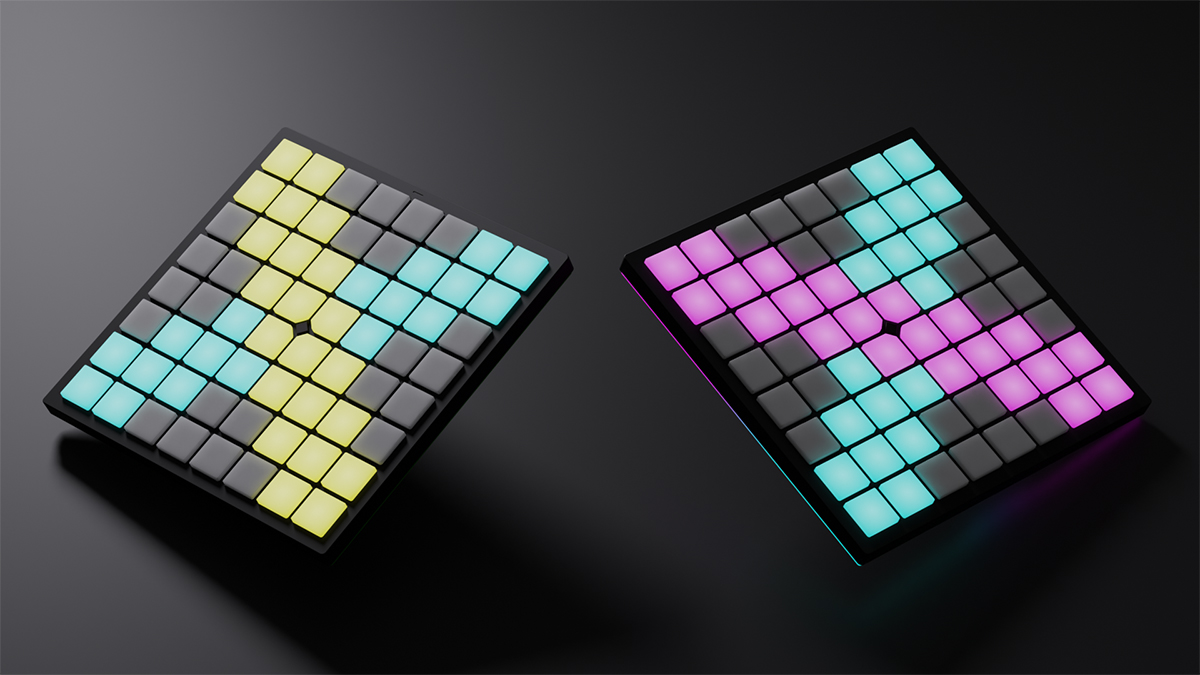

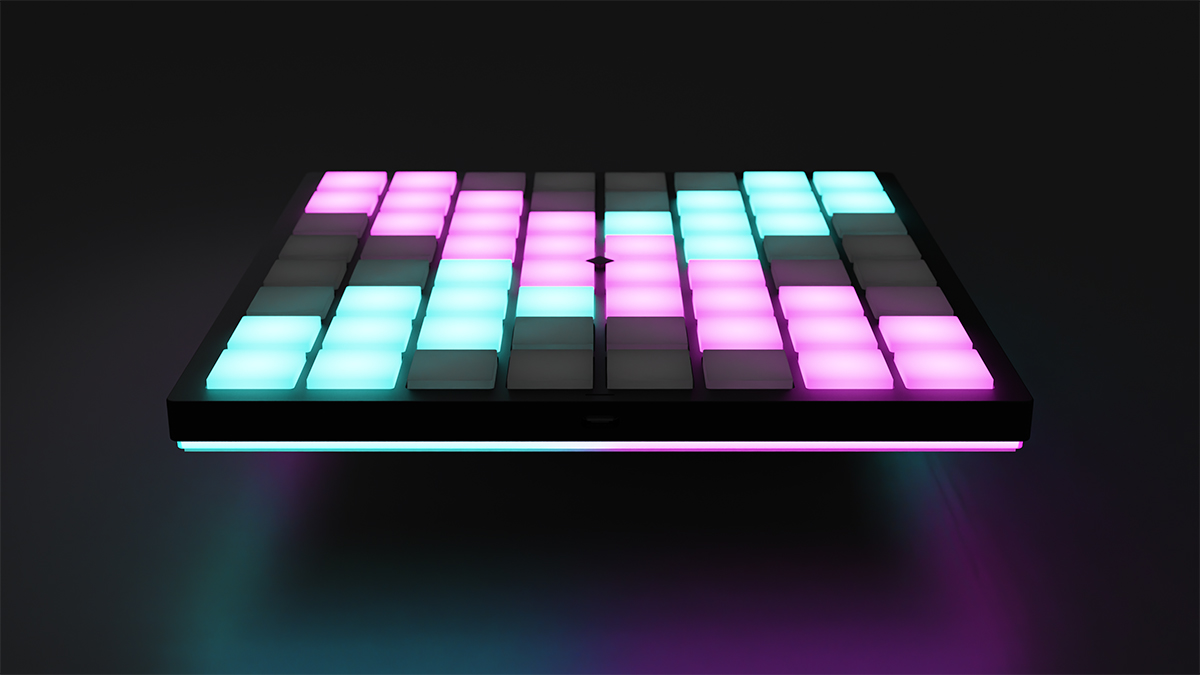
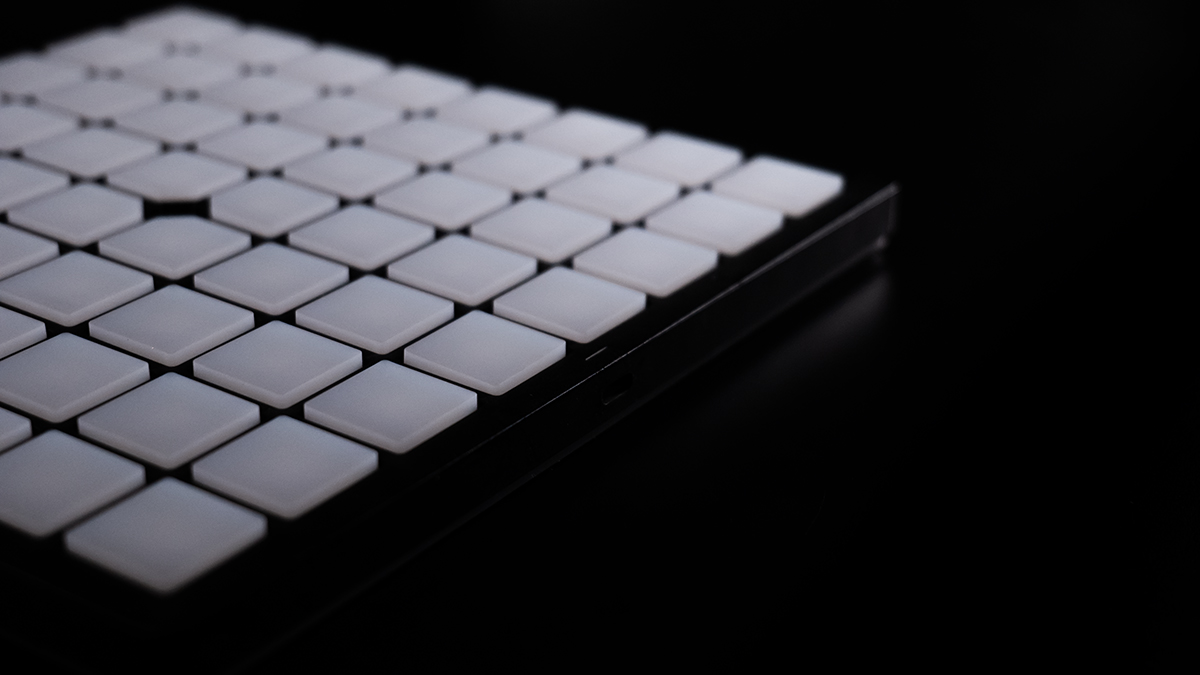
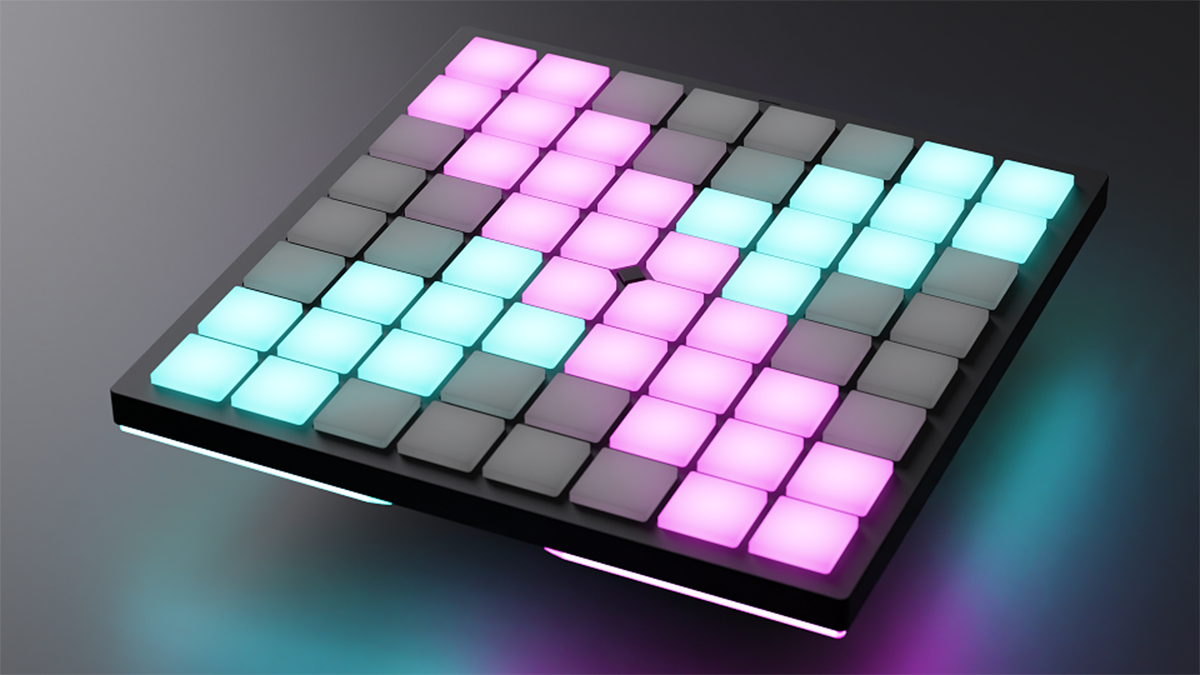
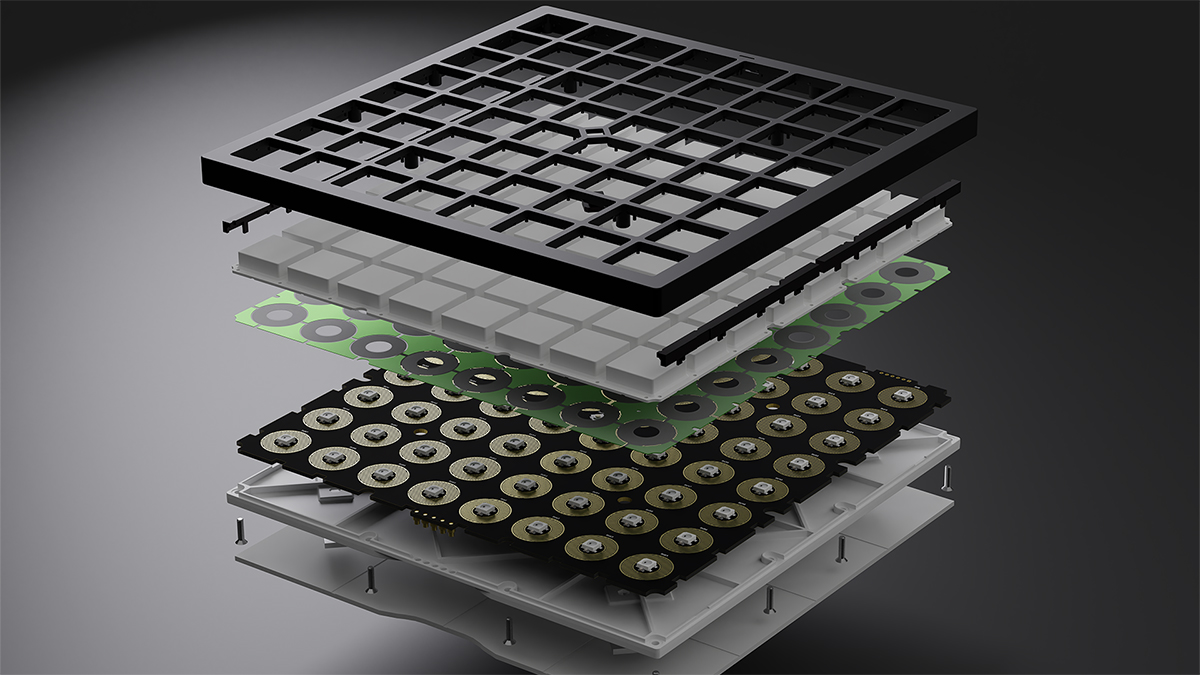
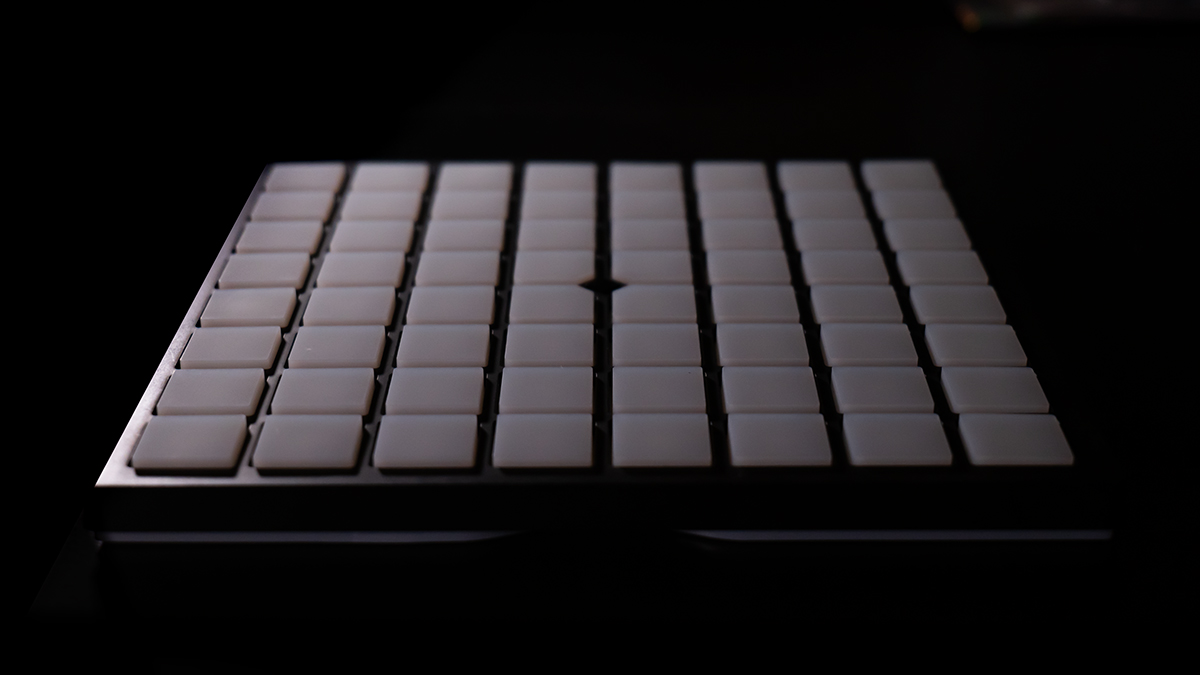
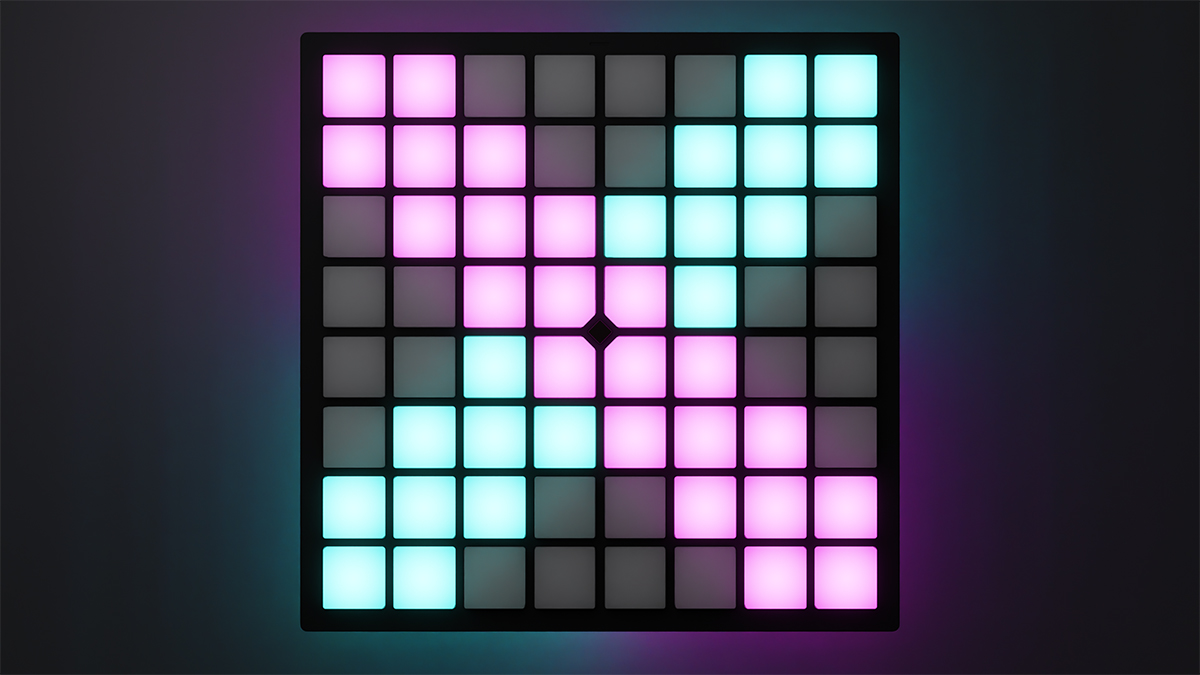
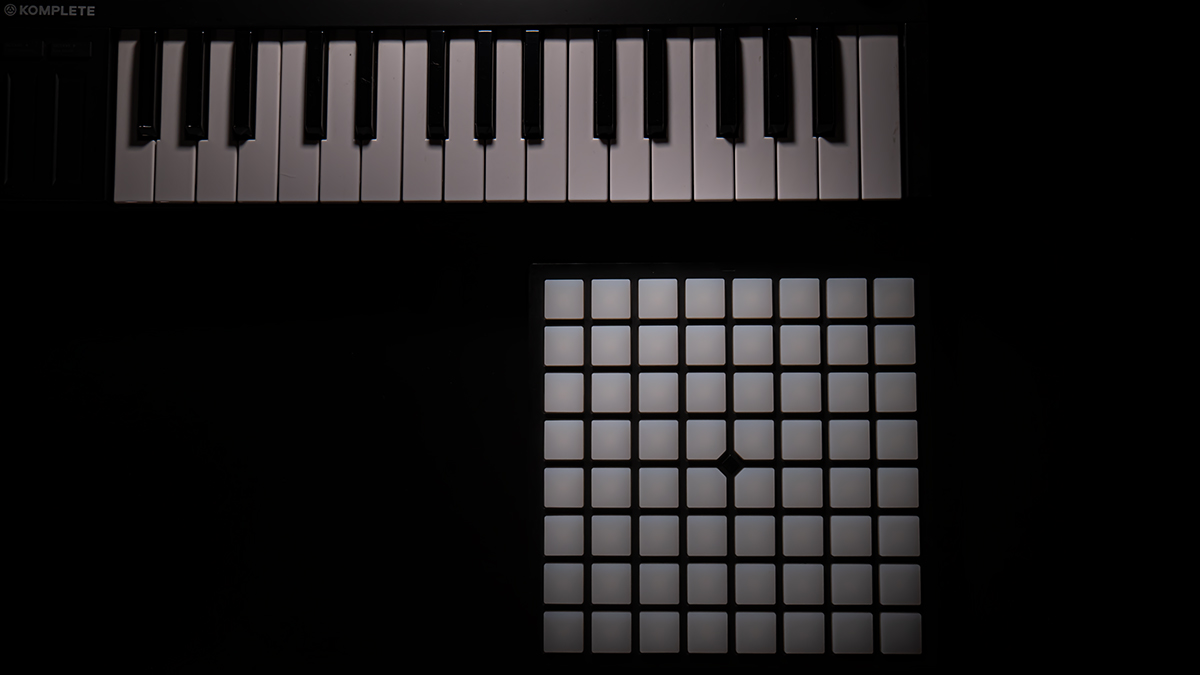
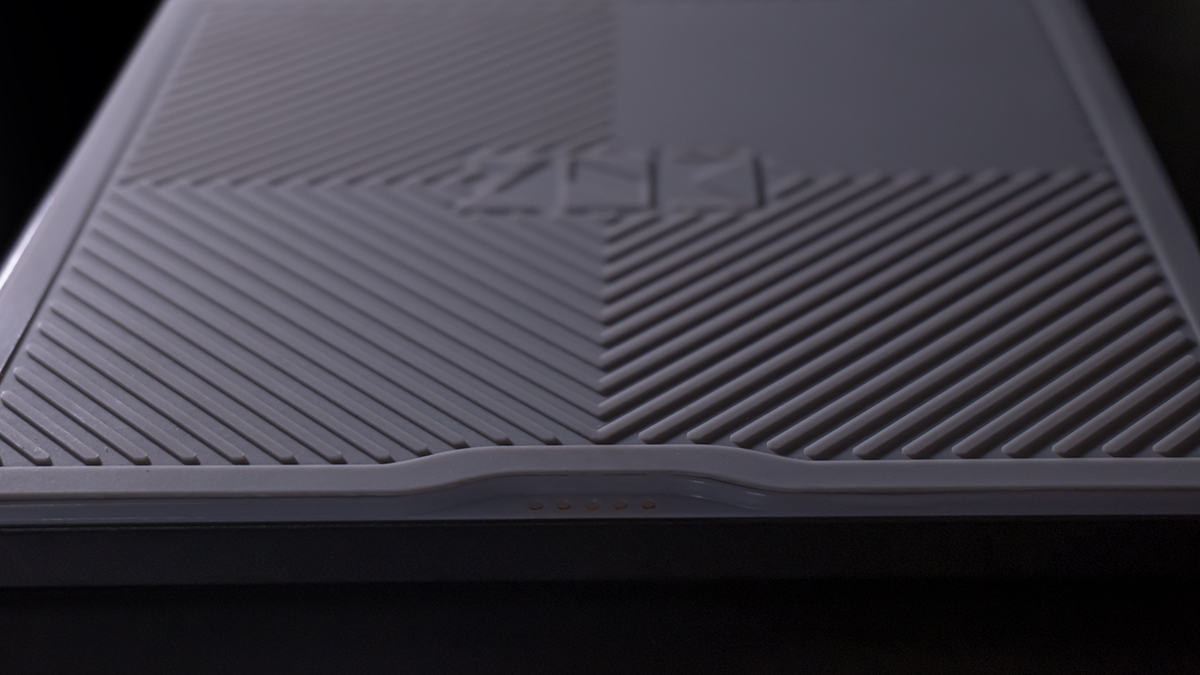
On the standard Matrix, the pads aren’t velocity-sensitive, but they are on the Pro version. Both devices offer USB-C and Bluetooth LE/WiFI wireless connectivity, with a 2.4Ghz wireless compatibility made possible by an optional receiver.
As we mentioned, Matrix’s open-source design means that you can customise it as you wish. It ships with the Matrix OS, with all features supplied as applications within this. Because the OS is open-source, you can create your own apps to suit your needs.
The retail prices for the Matrix and Matrix Pro will be $129 and $199 respectively, but you can currently pick them up for the early bird prices of $99 and $169 via the Kickstarter campaign that has already reached its funding target. You can expect to take delivery of your controller in May or June of this year.
Get the MusicRadar Newsletter
Want all the hottest music and gear news, reviews, deals, features and more, direct to your inbox? Sign up here.



I’m the Deputy Editor of MusicRadar, having worked on the site since its launch in 2007. I previously spent eight years working on our sister magazine, Computer Music. I’ve been playing the piano, gigging in bands and failing to finish tracks at home for more than 30 years, 24 of which I’ve also spent writing about music and the ever-changing technology used to make it.
“From a music production perspective, I really like a lot of what Equinox is capable of – it’s a shame it's priced for the post-production market”: iZotope Equinox review
"I didn't know you could change the tempo in Pro Tools, so I just made all my songs at 120bpm": Super-producer Benny Blanco reveals the surprising reason why most of his early hits are the same tempo



![PRS Archon Classic and Mark Tremonti MT 15 v2: the newly redesigned tube amps offer a host of new features and tones, with the Alter Bridge guitarist's new lunchbox head [right] featuring the Overdrive channel from his MT 100 head, and there's a half-power switch, too.](https://cdn.mos.cms.futurecdn.net/FD37q5pRLCQDhCpT8y94Zi.jpg)





